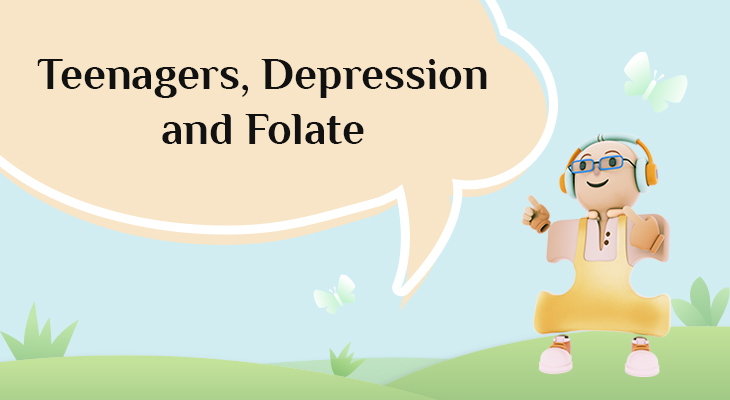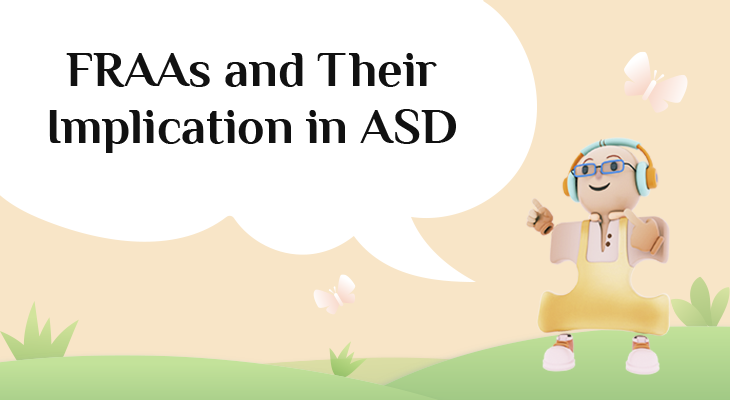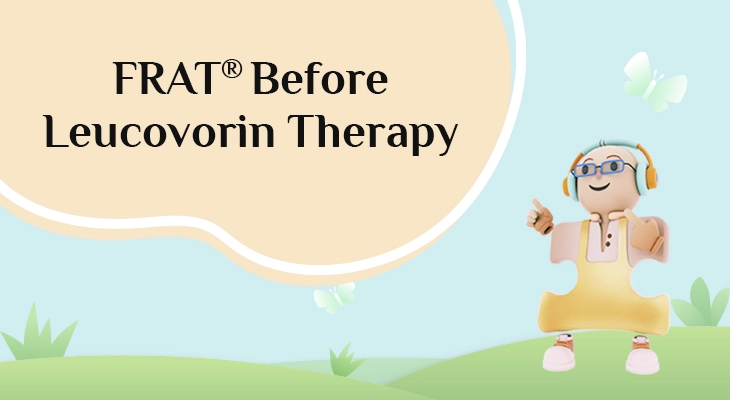
Introduction
Depression is a serious mental health disorder that affects millions of teenagers worldwide. Unlike occasional sadness or mood swings, depression is persistent and can significantly impair a teenager’s ability to function in daily life. Understanding its causes, symptoms, and treatments is crucial for parents, educators, and healthcare providers to support affected teens effectively.
Depression (major depressive disorder) is a mood disorder characterized by prolonged feelings of sadness, hopelessness, and disinterest in activities. In teenagers, it often manifests differently than in adults, making it harder to recognize.
The World Health Organization (WHO) estimates that 10-20% of adolescents experience mental health conditions, with depression being one of the most common. Suicide is the 4th leading cause of death among 15-29-year-olds, often linked to untreated depression (WHO, 2021). Interestingly, girls are twice as likely as boys to experience depression during adolescence (CDC, 2023).
Depression in teens arises from a combination of biological, psychological, and environmental factors. In terms of biology, depression is linked to genetics. Studies have shown that a family history of depression increases risk. Additionally, brain chemistry plays a major role in depression as imbalances in neurotransmitters (serotonin, dopamine) affect mood regulation. Hormonal changes during puberty may also contribute to emotional instability.
In terms of psychological factors, there are a few contributing factors. These include low self-esteem, leading to a negative self-perception which can ultimately trigger depressive thoughts. Additionally, a self-perceived perfectionism agenda can lead to excessive pressure, an overload of stress and burnout. High expectations from school and parents, cyberbullying, unrealistic comparisons, reduced face-to-face interactions, family conflicts, divorce, financial struggles, or dysfunctional family dynamic can also be contributing factors. Chronic illness (diabetes, cancer), learning disabilities or ADHD, and substance abuse (alcohol, drugs) have also been identified as potential causal agents of teenage depression.
Finally, teenage depression may also be attributed to past traumatic experiences, including bullying, neglect, and abuse. This can certainly increase vulnerability.
Depression in teens may present differently than in adults. Key symptoms include:
Emotional Symptoms:
- Persistent sadness, hopelessness, or irritability
- Frequent crying or emotional outbursts
- Loss of interest in hobbies or social activities
- Extreme guilt or worthlessness
Behavioral Symptoms:
- Withdrawal from friends and family
- Poor academic performance or skipping school
- Self-harm or reckless behavior (substance abuse, unsafe sex)
- Talking about death or suicide
Physical Symptoms:
- Changes in appetite (overeating or undereating)
- Sleep disturbances (insomnia or excessive sleeping)
- Unexplained aches and pains (headaches, stomachaches)
- Constant fatigue and low energy
If left unaddressed, teen depression can lead to:
- Academic failure (dropping grades, school avoidance)
- Substance abuse (self-medication with drugs/alcohol)
- Eating disorders (anorexia, bulimia)
- Self-harm (cutting, burning)
- Suicidal thoughts or attempts
Diagnosis and Treatment
Early intervention is crucial. Diagnosis typically involves psychological evaluation by a mental health professional. There are screening tools (PHQ-9 for adolescents) available, and typically physicians will rule out medical conditions beforehand, such as thyroid issues, or vitamin deficiencies, especially vitamin b9 and b12.
As we already know, folate (vitamin B9) plays a crucial role in brain function and mental health, and its deficiency has been linked to depression. Folate is essential for synthesizing serotonin, dopamine, and norepinephrine—key neurotransmitters that regulate mood. It helps produce tetrahydrobiopterin (BH4); a cofactor needed for converting amino acids (like tryptophan and tyrosine) into these neurotransmitters. Low folate may lead to reduced BH4, which then can impair serotonin/dopamine production, thereby increasing the risk of depression.
One thing to consider in the biology of all of this is the presence of folate receptor autoantibodies. The choroid plexus (a brain barrier structure) uses folate receptor alpha (FRα) to transport folate into cerebrospinal fluid (CSF). Autoantibodies against FRα (FRAA) or genetic defects can block folate entry, lowering brain folate levels and worsening mood disorders. Studies show that folate supplementation (especially L-methylfolate, the active form) enhances antidepressant effects (e.g., SSRIs like fluoxetine). Patients with low folate levels respond poorly to SSRIs, while supplementation improves remission rates.
Screening for folate receptor autoantibodies may be a good idea in these instances. Folate receptor autoantibodies may be detected with the use of the FRAT® test. Please consult your physician for further information and guidance.



